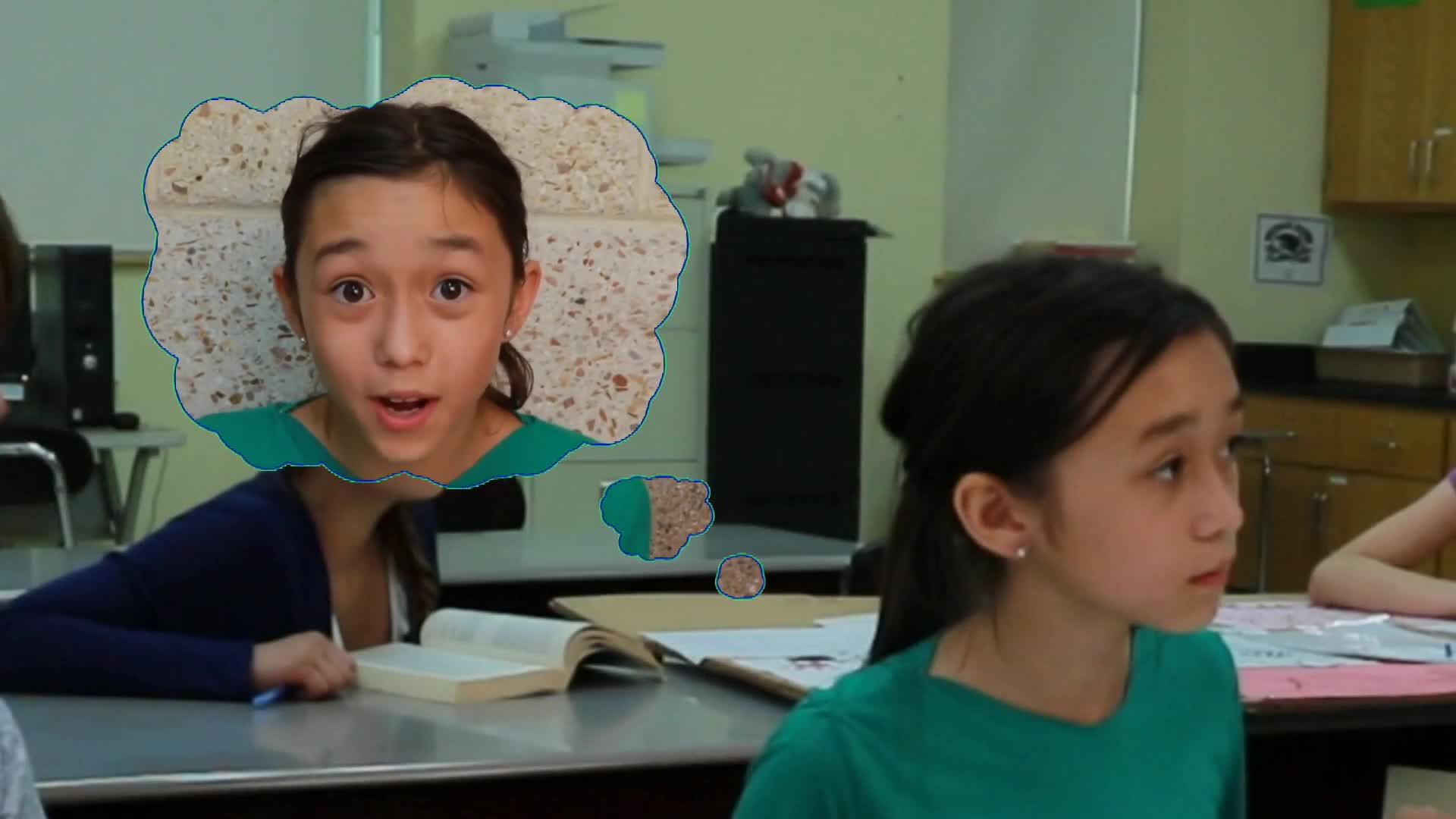Introduction: In special education, it is essential to address the skills required for managing responsibilities and coping with frustration. These skills enable students to navigate through their daily tasks and contribute positively to their overall learning, social interactions, and wellbeing.
Understanding Managing Responsibilities
Managing responsibilities refers to the ability to acknowledge and complete tasks even when they may be difficult or undesirable. This skill is crucial for students as it helps them stay on track with their learning, develop resilience, and maintain healthy social interactions. A strong foundation in managing responsibilities can significantly impact a student’s overall wellbeing and success.
The Role of Specialists
- Speech-Language Pathologists: They can help students improve their communication skills, enabling them to express their frustrations and seek support when facing challenging tasks.
- Social Workers: They can provide guidance on coping strategies and resources to help students manage their responsibilities effectively.
- Psychologists: They can assess and address any underlying emotional or cognitive barriers that may be hindering a student’s ability to manage responsibilities.
- School Counselors: They can offer support and guidance in developing personalized strategies for managing responsibilities and overcoming challenges.
IEP Goals for Managing Responsibilities
Here are some specific SMART IEP goals to foster managing responsibilities in kindergarten students:
-
Goal: The student will complete assigned tasks independently 80% of the time within a 3-month period.
- Strategies and Activities: Break tasks into smaller steps, use visual schedules, and offer positive reinforcement for completed tasks.
-
Goal: The student will demonstrate appropriate coping strategies when faced with challenging tasks in 4 out of 5 instances within a 3-month period.
- Strategies and Activities: Teach deep breathing exercises, model self-talk, and provide opportunities for practice and reflection.
-
Goal: The student will seek assistance from an adult when feeling overwhelmed or frustrated in 4 out of 5 instances within a 3-month period.
- Strategies and Activities: Encourage open communication, provide visual cues for seeking help, and offer praise for seeking support.
Implementing and Measuring Progress
- Collaborate with specialists to develop and implement strategies for each goal.
- Regularly review and adjust goals based on the student’s progress and needs.
- Use data collection methods, such as checklists and observation notes, to track progress.
Conclusion: Developing effective IEP goals for managing responsibilities is crucial for kindergarten students’ success in their learning journey. By implementing these goals and collaborating with specialists, educators can help students build a strong foundation in managing responsibilities and coping with frustration. We encourage you to apply these IEP goals and explore more resources at Everyday Speech Sample Materials.







